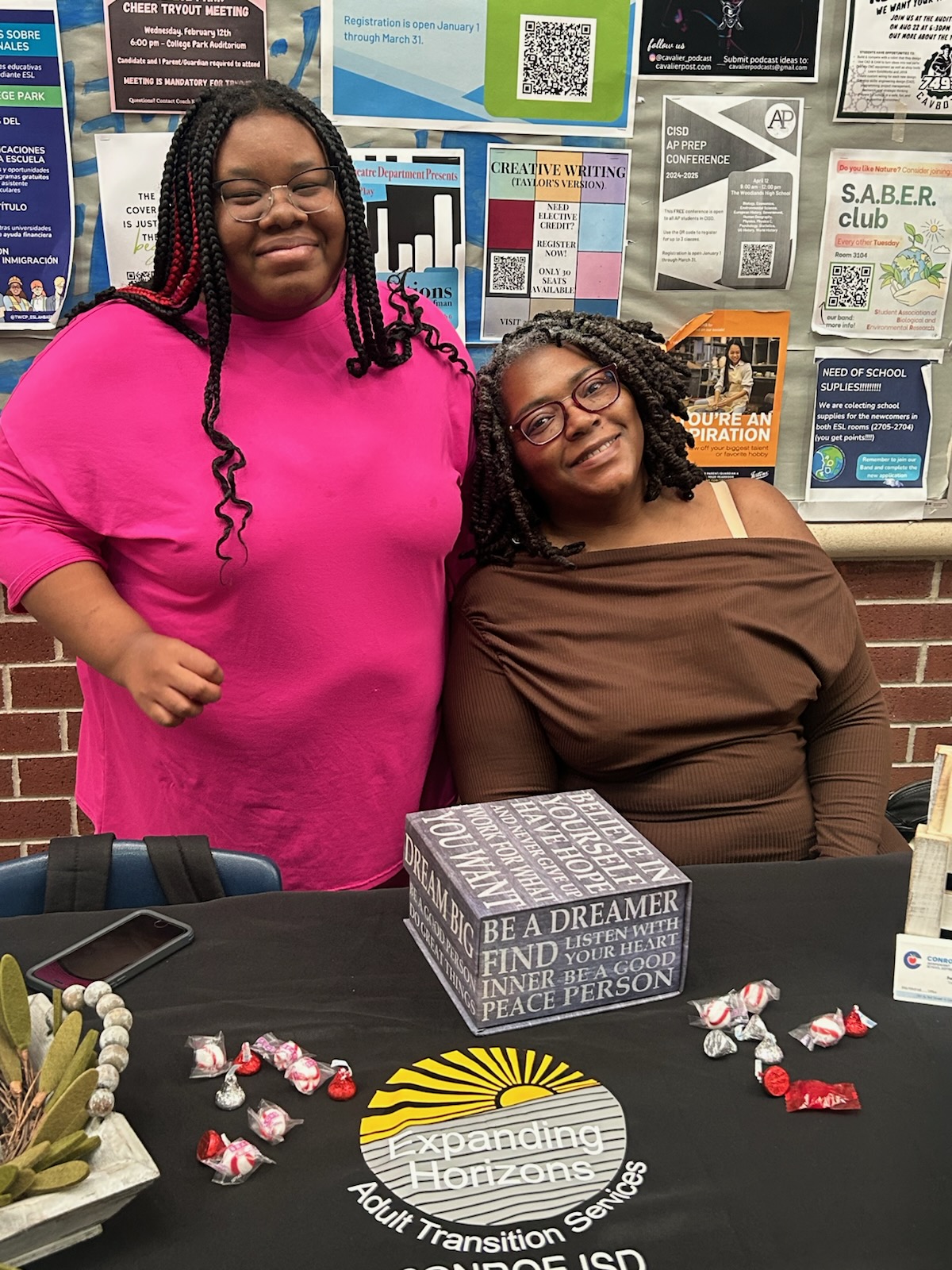
Wrapping up Autism Acceptance Month, we share input from a mother and daughter in Montgomery County. The daughter, Shana, is 18 and planning for long-term independence, including new routines—a demanding challenge for many people with autism, and also for many parents of young adults with disabilities.
Andi Fry, BridgingApps’ Coordinator for Montgomery County Outreach, handles Shana’s client services.
Mother: Changing the way we’ve always done things was difficult, but the hardest part for me was accepting that we needed to change. Your plans and routines are no longer yours. You’ve set expectations, and then you have to trade those expectations for reality.
Andi: Shana, what do you look forward to about being independent? About making your own decisions and being able to help yourself?
Shana: When I don’t have to ask Mom for everything—when I can just go do it, like grown-ups do.
Andi: Grown-ups know how to do things on their own, and that makes you proud of yourself. That’s very cool.
[Mother,] what do you look forward to about Shana’s becoming independent?
Mother: (chuckles) What cruise ship am I going to be on? Traveling on my own for fun.
Andi: And what scares you about Shana’s becoming independent?
Mother: That she won’t be able to say “no” to people when she should, because she has a giving heart. That someone will take advantage of her.
Andi: That would be my most scary thing too, for sure. Shana, is there anything that scares you, right now, about once you become an adult?
Shana: Not really.
Andi: You’re not defensive and you’re wanting to try things, and that’s not a bad thing. It helps everybody else help you.
There’s no wrong answer to the “are you scared?” question, of course. It’s just about knowing what’s going on in your life right now—and that can help other people, too. You’re teaching us, so we can teach others what you know.
This next question should be easy, because we’re doing it right now: what has Shana already done to make herself more independent?
Shana: I see Ms. Craig at the library every week. We talk about how to do things as grown-ups, on your own.
Andi: Where else do you and Ms. Craig meet?
Shana: At the trolleys. [The Woodlands Town Center Trolleys.]
Andi: And what do you do at the trolleys? I don’t know much about them, myself.
Shana: We just have to wait at the stop, and get on and off at the right place.
Mother: Last time you were on the trolley, remember where it took you?
Shana: The Woodlands Mall. I had to find out when the trolley was going to show up, and where we wanted to go.
Mother: And you remember going grocery shopping, too?
Shana: Yes, at Walmart.
Andi: So you’re learning to do things without your mama there. You’ve learned to make a list of what you need to buy, and to make sure you have enough money with you. There’s so many things you’ve actually learned to do to become more independent.
Mother: It’s great for me to just wait in the car and not have to go through all the shopping.
Andi: And that’s all about becoming an adult—becoming more independent. Anything else you’re doing?
Shana: Since last year, I have worked on being employable. I go to Workforce Solutions on Tuesdays to practice job-hunting and interview skills. And I have a binder with lists on how to get and keep a job.
Andi: Also, right here in this lab, you’re learning to use technology to help yourself. You use your phone for reminders, and you’re learning how Alexa can help you do things, so you don’t have to have other people remind you. And that’s part of being an adult, too: you are responsible for yourself. That’s pretty cool.

